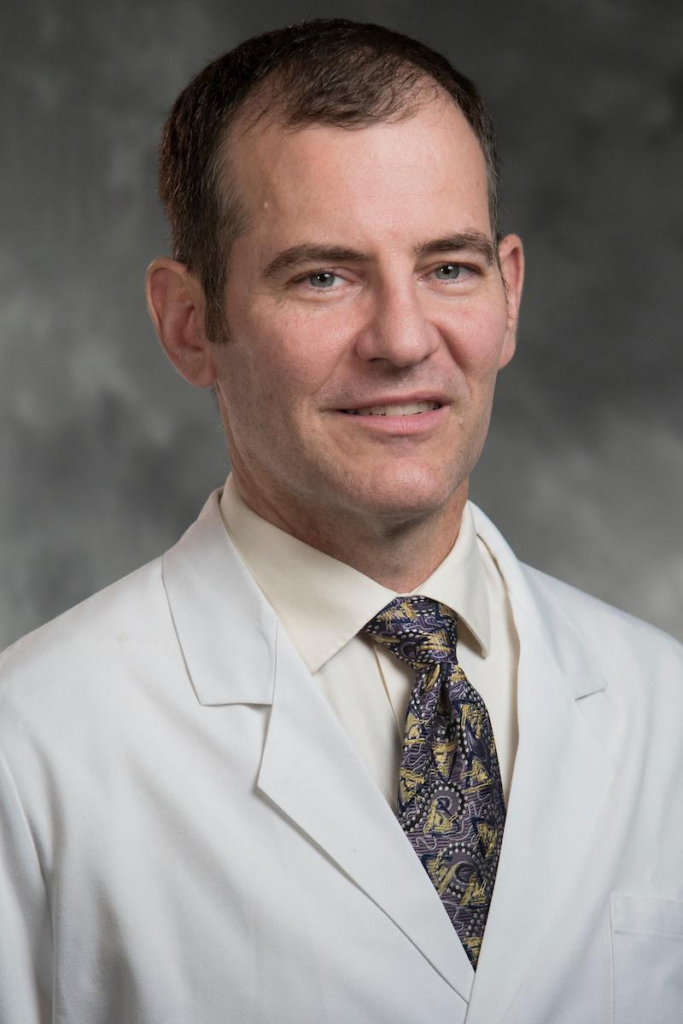
Dr. Lloyd Williams, an ophthalmologist with Duke University, has traveled with HCP Cureblindness (formerly, the Himalayan Cataract Project) for the past decade on a mission to cure blindness. In the following video, he talks about his recent travels to South Sudan, a country with the highest rate of blindness in the world.
Dr. Williams is the head of the Global Ophthalmology Program at Duke. He trains and works with eye doctors in many areas of great need, in Africa, Asia and Central America, to reduce blindness and human suffering.
An additional article and video about Dr. Williams’ work in South Sudan, by Amber Rupinta for ABC News in Raleigh-Durham, North Carolina: Duke eye surgeon makes it his life’s mission to cure blindness, reduce human suffering in Africa.
Transcript
Reporter: According to the Himalayan Cataract Project, in many parts of the world, people have not had access to that simple surgery until now.
For eye surgeon Dr. Lloyd Williams, this moment when the bandages first come off says everything. After a life-changing eye surgery, this woman is seeing for the first time in years. That moment, repeated over and over again, as people who had surgery the day before adjust to the light.
Dr. Lloyd Williams: When I first saw that happen, I thought I could do this for the rest of my life and never feel like I wasted a minute.
Reporter: Dr. Williams, an ophthalmologist at Duke University, has traveled with the Himalayan Cataract Project for a decade. He is on a mission to cure blindness. The latest trip in December to South Sudan in Africa, the highest rate of blindness in the world. Dr. Williams worked alongside two local eye surgeons.
Dr. Lloyd Williams: For the most part, I don’t even get up. I just sit and do surgery. Next, do surgery. Next, do surgery.
Reporter: They call these surgical boot camps, performing nearly 2000 surgeries in just 10 days. People walked from as far away as 40 miles to be here. Some arriving in wheelbarrows. Many led by a stick. The results are immediate. A five-year-old confused at this new world the sight, before finally finding his mom. Many families here have a child take care of the person who is blind.
Dr. Lloyd Williams: You cure the blindness in the individual, you improve their economic situation of the family. You put one of their children back in school.
Reporter: This woman seeing her adult son for the first time in five years.
Dr. Lloyd Williams: Imagine if you hadn’o’t seen your child for years the language to understand what’s happening. She locks. It’s really quite remarkable.
Reporter: You don’t need to speak the language to understand what’s happening. She locks eyes with her son.
Dr. Lloyd Williams: We had one boy say to us, “I don’t deserve to have any friends because I’m blind.” And when I see that in them and I think I can do something about it, it just makes it all worthwhile.
Reporter: These boot camps, changing lives, as patients come out of the darkness to see the world in a new light.
